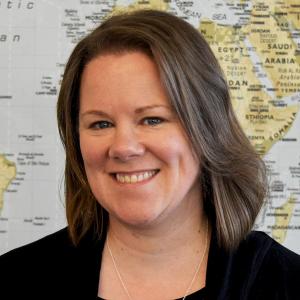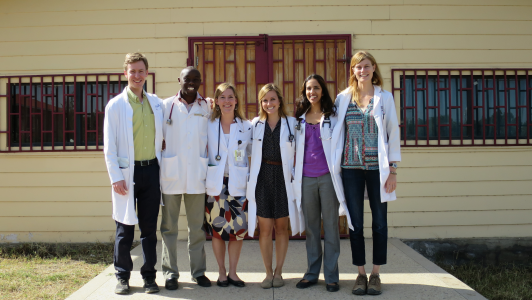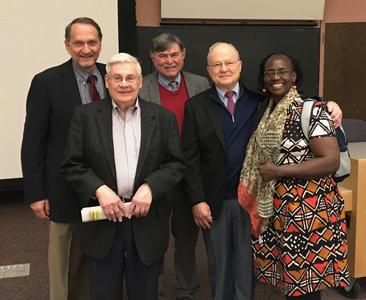Global Health Students and Alum Snag Husky 100 Distinction
The second annual Husky 100 recognizes outstanding UW undergraduates and graduate students from Bothell, Seattle and Tacoma in all areas of study who are making the most of their time at the UW.
This year's cohort of 100 students includes three global health students and alumni:





